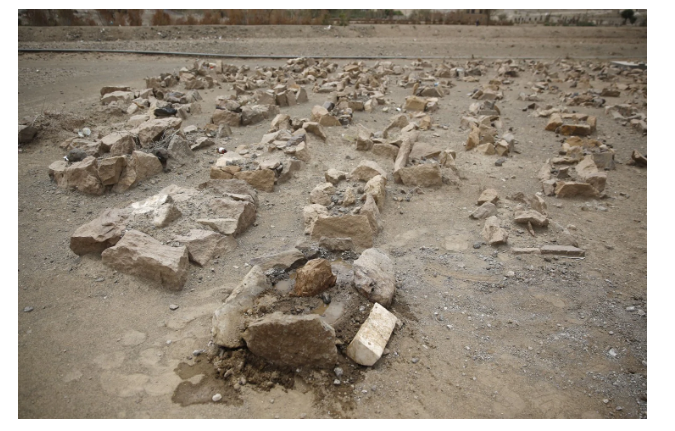Do Yemenis children suffer only or parents more?
YemenExtra
SH.A.
Even when a child is taken to the hospital, there are no guarantees.
Ali Humeit and his wife, who live less than a mile from Bani Saifan district, Hajjah province, took their 5-year-old son, Rayaan, to the malnutrition ward of Hajjah hospital.
It was a return visit.
In October, Rayaan was hooked up to an drip and given nutritional supplements and medicine. He recovered his appetite in 10 days. But when he returned home, he began to lose weight fast. His parents could only afford to feed him water, milk, tea and bread.
“Since the war began, I have not been working,” said Humeit, who was a construction worker before the war.
For the first hospital visit, Humeit borrowed $150 from othervillagers. This time, he was forced to beg on the street, he said. At night his wife sleeps with their child at the hospital, and he beds down free on the floor of a nearby mosque.
With four other children to feed, Humeit has prepared himself for the most agonizing decision of his life if Rayaan gets ill again.
“If I don’t have money, I can’t bring him back,” he said, looking at his son, who was visibly irritated and crying. “I’ll have to leave him at home, and let God handle it.”
As well as, Abdul Fatah Baashami and his wife never got to see their only child, Nabil, walk or talk.
Eight months ago, the signs of hunger emerged: swollen stomach, loss of weight. Nabil refused to breast-feed. So his parents carried him to nearby private hospitals. But he still teetered between life and death.
Then last month, Baashami’s father died. As the eldest son, he was suddenly responsible for 18 relatives. He earned $1 to $3 a day as a laborer — whenever he found work.
“I owe a lot of people money — $650,” he said.
When Nabil’s health deteriorated, the couple borrowed more money to take him to the hospital in Hajjah.
“My son was just skin and bones,” recalled Najua Showken, his mother.
In the morning, an hour before their trip, she tried to breast-feed Nabil. Too weak to respond, he began to fade away. Drifting in and out of consciousness until his “eyes were rolling up,” he finally went silent, his mother said.
“He died in my arms,” she said.
Nabil had lived for 14 months, he died of hunger.This is the case with thousands of children in Yemen.

